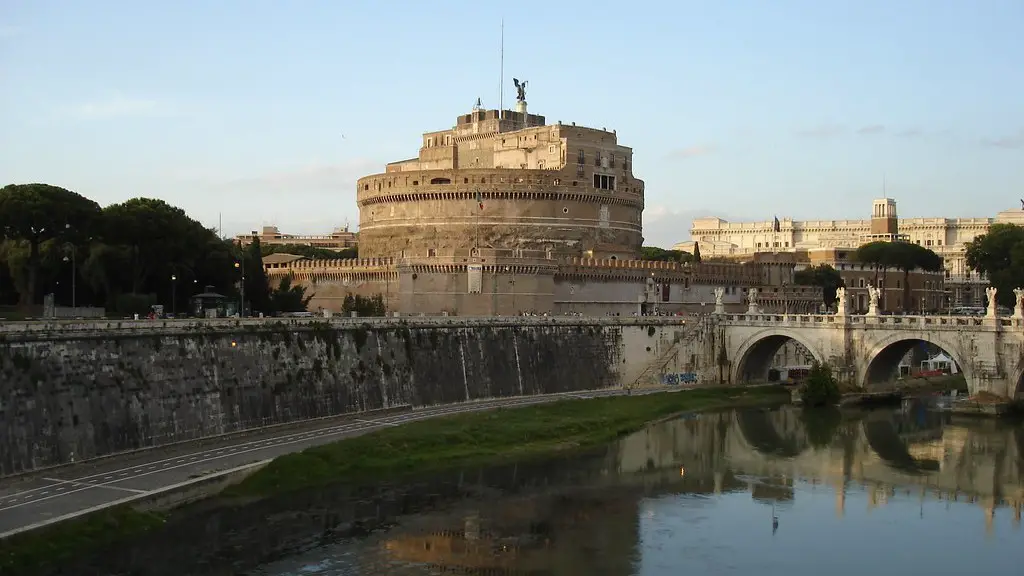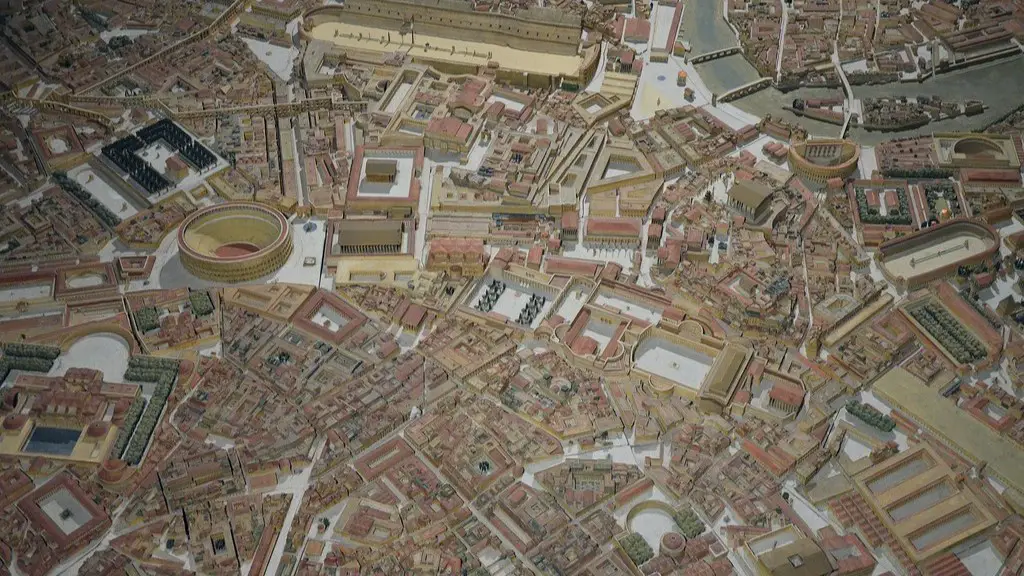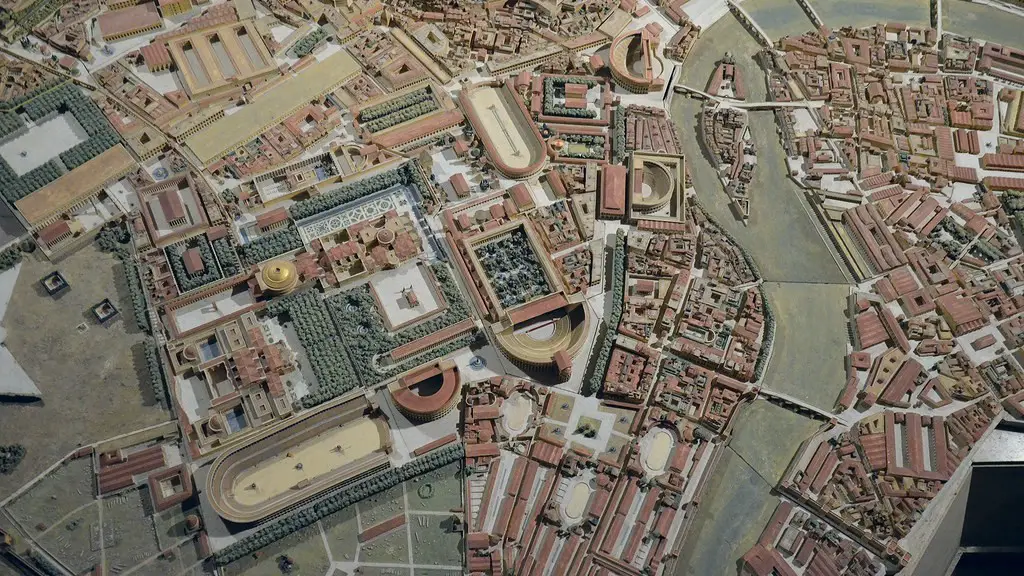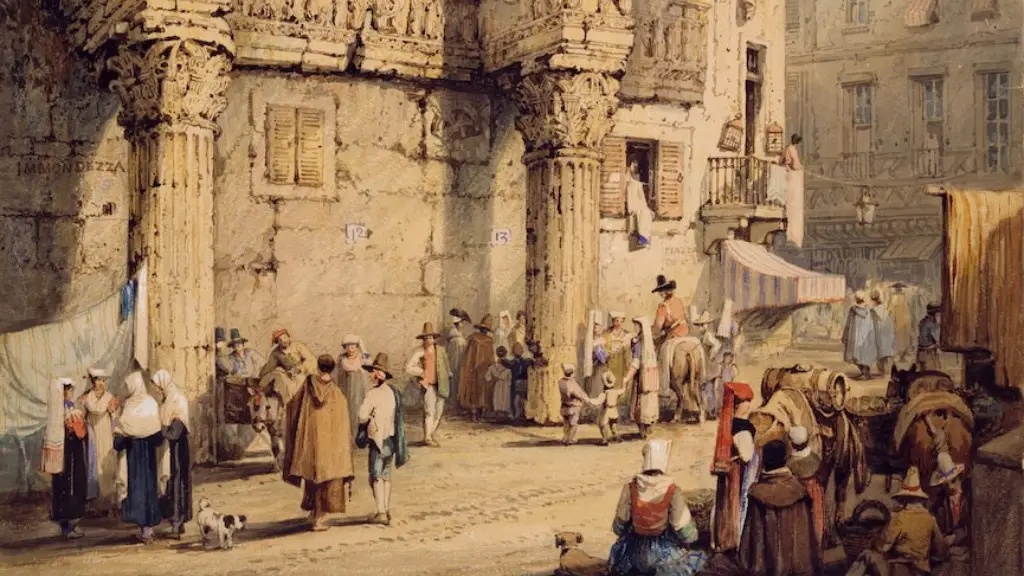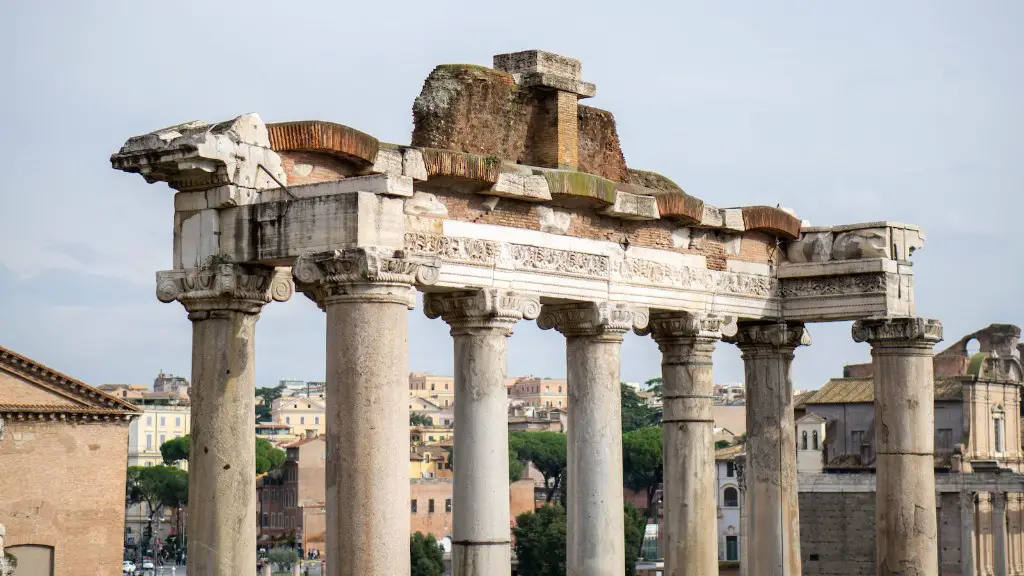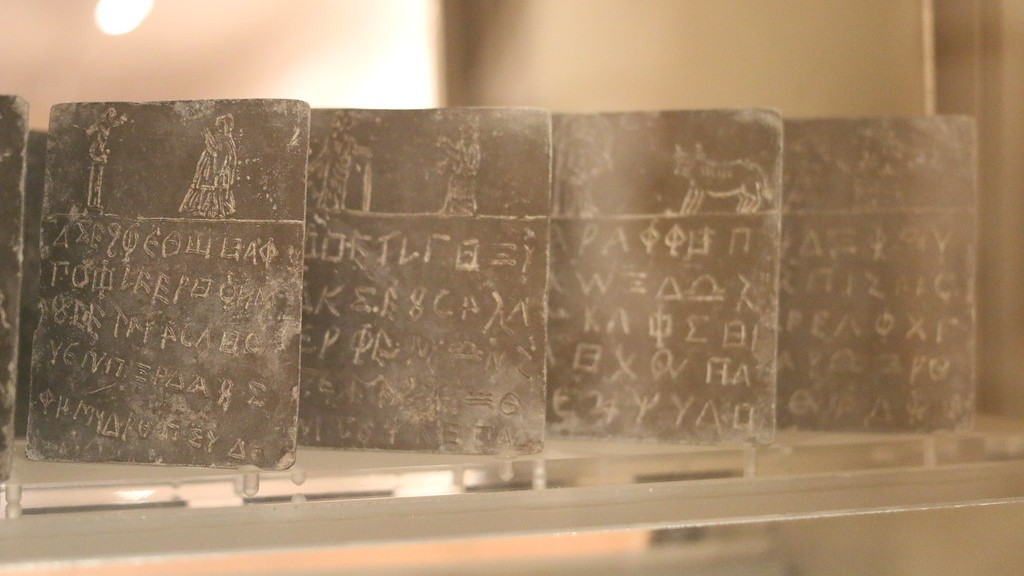Ancient Rome is one of the most important civilizations in human history, playing an integral role in the development of culture, politics, and religion. From the formation of its Republic to its eventual transformation into the Roman Empire, Rome dramatically changed the world it found itself in—and those changes are still present in society today. As a result, the importance of Ancient Rome cannot be overstated.
One of the main legacies of Ancient Rome is its legal system. The early Romans created a set of codified laws which had far-reaching implications. This Code of Law became the foundation of modern justice systems in countries across Europe and even around the world. Today, many of Rome’s legal foundations are still in place, including the concept of a trial by jury, the legal recognition of contracts, and the principle of innocent until proven guilty.
In addition, Ancient Rome had a political system unlike any before it. The Roman Republic was the first successful democracy in the history of the world and helped serve as a blueprint for modern government. Roman democracy had unique features, such as the complex political machinery of the Senate, the strength of the emperor, and the way that citizens voted on matters of state. These features helped shape other democracies in European countries, as well as modern democracies around the world.
Moreover, Ancient Rome had an unequalled military force. The Roman Legions were a sophisticated and effective fighting force that allowed Rome to expand its influence and reach unprecedented levels of power and wealth. Roman engineering was also incredibly influential. Their mastery of engineering allowed them to build complex structures and systems, like aqueducts, roads, walls, and fortifications, the effects of which are still felt today.
Furthermore, Ancient Rome is remembered for its culture, which was heavily influenced by both Greece and its own Roman traditions. Roman art, literature, religion, and language were an integral part of the culture, and continue to shape and influence Western culture to this day. Such aspects of Rome’s culture as pre-Christian religions, legends, and literature, have not just shaped the Western world, but have been adopted in some form into other cultural traditions around the world.
Finally, much of the language spoken in the Western world today is derived from Latin, the language of Ancient Rome. Latin is still used in many fields, such as science and medicine, and is studied by millions of people around the world. Latin was an official language in the Roman Empire, and its influence can still be seen in many of the words we use today.
Cultural Impact
The cultural impact of Ancient Rome far outstretched its borders. From the very beginning, Rome’s relationship with its neighbors was strained, as they sought to expand their influence and power over them. As a result, the people of Rome were exposed to a variety of different cultures and influences, which helped shape the culture of Ancient Rome.
The influence of each culture that Rome encountered was reflected in its art, literature, architecture, and language. Roman art in particular was heavily influenced by the cultures of Greece and Egypt, as well as its own Roman traditions. This resulted in a rich artistic tradition that has had a lasting legacy on our society.
Roman literature also had an extraordinary impact on the Western world. Roman authors wrote works of literature that explored various topics and themes, and their works have served as an inspiration for generations of writers and thinkers. Roman literature also served as an introduction to Latin, which had a profound influence on the language we use today.
Finally, the architecture of Ancient Rome had a profound influence on the world. Roman buildings were designed to be functional, but also aesthetically pleasing. The use of concrete, arches, and other structural elements in their designs allowed them to create impressive monuments that are still admired today.
Religious Influence
The religion of Ancient Rome was an integral part of its culture and had a lasting impact on the Western world. The Romans practiced a variety of religions, including Polytheism, Druidism, Mithraism, and Christianity. The Romans also incorporated elements of Greek mythological gods and goddesses into their pantheon. This syncretism, or the blending of different beliefs and practices, had an enormous influence on the development of Western religious traditions.
One of the most significant religious developments of Ancient Rome was the growth of Christianity. Christianity started out as a small religious movement in the early first century CE, but soon spread throughout the Roman Empire. Christianity eventually became the official religion of the Roman Empire in the fourth century CE, and it is still one of the most influential religions in the world today.
The growth of Christianity was also accompanied by the rise of monotheism, or the belief in one God. This was in contrast to the polytheistic religions that the early Romans practiced. Monotheism became a cornerstone of the Western culture, and it has had a significant influence on the societies that followed. Even today, monotheism remains an important part of many cultures.
Finally, the Roman religion heavily influenced the development of art, literature, and language. Roman religion served as the inspiration for many of the great works of art, literature, and language that are still admired today. Even though Ancient Rome is no longer around, its religious and cultural influences remain very much alive.
Social Structure
Social structure was an important part of the Roman society. Rome was ruled by a system of hierarchy and power, where different classes were ranked according to wealth and privilege. There were three main classes—the Patricians, the Plebians and the Slaves. Patricians were at the top of the hierarchy and included the rulers, the Senators, and wealthy landowners. The Plebians were citizens with lower social standing but they had the right to vote. Finally, the Slaves were at the bottom of the social system and had no rights or freedoms.
This system of class division had a considerable influence on the development of Roman society. The system not only determined the power dynamics between classes, but also the way people interacted with each other. In many ways, this system of social structure served as a blueprint for modern societies, and its effects are still visible today.
This hierarchical structure was also reflected in the way that people dressed. Clothing was a sign of social status, and the wealthy would often flaunt their wealth by wearing more lavish clothing. This trend is still seen today, as clothing is often used as an indicator of social standing.
The effects of this class system can still be seen today in many countries. For example, income inequality is still a major issue, and it is often linked to the continuation of the class structure established in Ancient Rome. As a result, it is important to understand the legacy of Ancient Rome’s social structure and its effects on modern society.
Economic Legacy
The economic legacy of Ancient Rome was an important factor in its success. Rome was the largest and most powerful economy in Early Medieval Europe, producing a variety of goods and services that were incredibly influential. The growth of the Roman economy was based on an efficient and well-organised system of taxation, allowing them to fund public works, infrastructure, and military campaigns.
The Roman economy was also heavily dependent on trade. They had a vast trading network that stretched from Britain to Africa, and well into the Mediterranean region. This allowed them to acquire goods from around the world, thus fuelling their economy. This trading network continued to play a major role in the Roman Empire even after its decline.
The Roman economy had a significant influence on the world economy. Roman currency, the denarius, was used throughout the empire and even beyond, becoming one of the first examples of international monetary exchange. Additionally, their monetary system was highly organised, with a sophisticated system of coins, taxes, and coin minting.
In conclusion, the economic legacy of Ancient Rome was a strong factor in its success. They had a highly organised and efficient economy, trading network, and monetary system, which were all incredibly influential on the global economy. Even today, the importance of Ancient Rome’s economic legacy cannot be overstated.
Political Legacy
The political legacy of Ancient Rome is a testament to the power and strength of the Roman Republic. From its inception, Rome was a formidable power in its region, and the Roman Republic served to maintain order and stability within its borders. This stability allowed Rome to become a great empire, expanding its influence and reach across Europe, North Africa, and the Mediterranean.
One of the most important aspects of Rome’s political legacy was its social and political reform. After overthrowing the monarchy and establishing a Republic, the Romans instituted a number of significant changes, such as measures to improve the legal system, increase military strength, and expand democratic rights to its citizens.
The Roman Republic also had an important influence on the development of other political systems. The principles and values of the Roman Republic such as justice, liberty, and equality, were adopted by many other countries, leading to the development of new political systems.
The Roman political system also had a lasting influence on international relations. Through the formation of alliances and international treaties, the Romans helped to create an international order that still stands today. Additionally, the Romans’ bold and ambitious expansion of their empire laid the groundwork for today’s global economy.
In summary, Ancient Rome’s political legacy has had an enormous impact on our modern world. Its social, political, and economic reforms were incredibly influential, and its influence can still be seen in the modern political systems of today.
